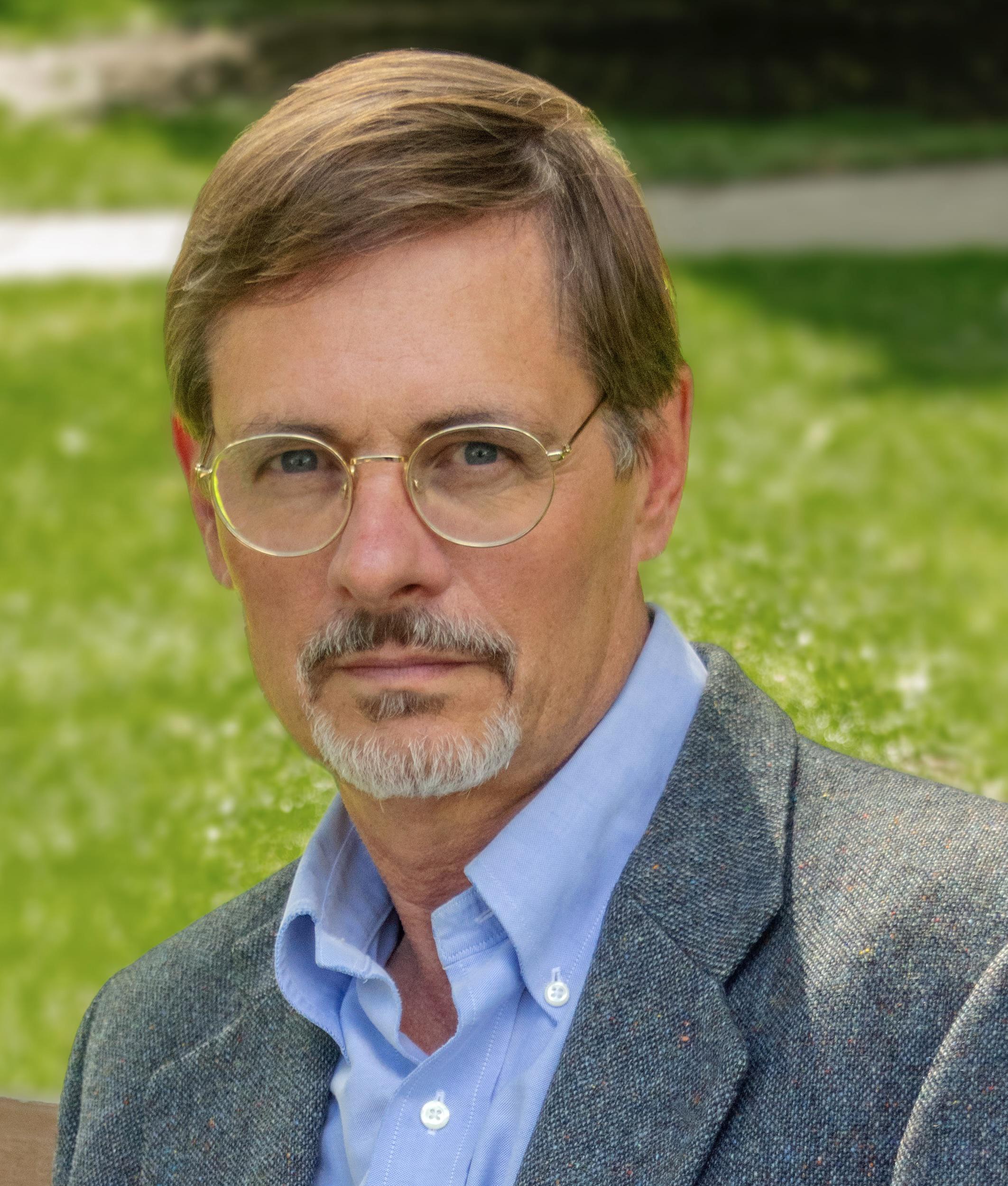Marc Redfield studies British, American, French and German literature and literary theory of the eighteenth through twentieth centuries, with a particular focus on romanticism and on the history, philosophy, and politics of post-romantic aesthetics. He has written on the Bildungsroman; on intersections of nationalism, media, and technics; on terrorism and war; and on the history and practice of literary theory, particularly deconstruction.
Aesthetics is understood in Redfield's work both as a historically constituted discourse and as a disturbance within discursivity itself. Historically speaking, the discourse we now call "aesthetics" splits off from moral philosophy in Britain, and Wolffian rationalism in Germany, as a debate about "taste." The possibility of a judgement of taste implies the existence of a fundamental harmony between the senses and the intellect, or between the interested individual and universal law; thus aesthetics is able to conceive of the disinterestedness of aesthetic experience as a moment during which individuals achieve a proleptic identification with humanity itself. By producing subjects capable of disinterested reflection, aesthetic education in principle produces subjects capable of recapitulating the state's universality. And acculturation prepares the consensual grounds for representative democracy: hence the persistent emphasis, in nineteenth-century European middle-class writings, on (aesthetic) education as a prerequisite for political enfranchisement.
Redfield's work on aesthetics seeks to show, however, that this discourse raises problems that cannot be addressed from a strictly functionalist perspectiveone, in other words, that would see aesthetics simply as a tool for cultural domination. Because aesthetics dreams of a moment when meaning becomes visible as formwhere the essential structure of the sign promises to unfold itself as experience or intuitiona close textual analysis becomes necessary in order to account for persistent patterns, deviations, and peculiarities within aesthetic discourse.
Phantom Formations and The Politics of Aesthetics approach this task in different if related ways. The first book routes questions about literature, theory, and aesthetics through a study of the semi-mythical genre of the Bildungsroman; the second focuses on the crisis-ridden concept and institutional field of romanticism. Both books target overdetermined areas of aesthetic discourse. The idea of the Bildungsroman offers the lure of a properly aesthetic genrea genre that would unite the education of a subject with the production of a textbut the lure is phantasmal: the closer one looks at the texts that are supposed to be the genre's exemplary constituents, the more violent and unharmonious the aesthetic plot of Bildung becomes. In a similar fashion, romanticism, both as a term and as a field, suffers instabilities to the degree that it relies for its self-definition upon aesthetic claims (the organic text, the symbol, the creative imagination) that the literature itself famously debunks: romanticism thus comes to serve as a phantasmatic origin both of aesthetic (or "romantic") ideology, and of the "literary theory" that constitutes the reverse side of aesthetics. Phantom Formations focuses on writings by Kant, Schiller, and various twentieth-century theorists, in addition to novels by Goethe, George Eliot, and Flaubert; The Politics of Aesthetics devotes chapters to aesthetic theory, nationalism, and various texts by such authors as Matthew Arnold, Benedict Anderson, Friedrich Schlegel, Paul de Man, and Percy Shelley.
The Rhetoric of Terror: Reflections on 9/11 and the War on Terror (2009) presses some of these issues into the present tense. The terrorist attacks of September 11 inspired hypernationalist responses because nationalism is bound up with media and mediation. The attacks did symbolic as well as literal damage, with traces of this shock legible in the American idiom "9/11": a bare name-date conveying both a trauma (the unspeakable happened then) and a claim on knowledge. Redfield proposes the notion of "virtual trauma"the shock of an event at once terribly real and utterly mediatedto describe the cultural wound that this name-date both deflects and relays. Thus a tormented self-reflexivity characterizes representations of 9/11 in texts, discussions, and films, such as World Trade Center and United 93. Redfield then goes on to examine the historical and philosophical infrastructure of the notion of "war on terror," arguing that the declaration of war on terror is the exemplary postmodern sovereign speech act: it unleashes war as terror and terror as war, while remaining a crazed, even in a certain sense fictional performative utterance. Only a pseudosovereignthe executive officer of the world's superpowercould have declared this absolute, phantasmatic, yet terribly damaging war.
Though politicized terror and absolute war have their roots in the French Revolution and the emergence of the modern nation-state, Redfield suggests that the idea of a war on terror relays the complex, spectral afterlife of sovereignty in an era of biopower, global capital, and telecommunication. Jacques Derrida's groundbreaking philosophical analysis of iterabilityiterability as the exposure to repetition with a difference elsewhere that makes all technics, signification, and psychic life possiblehelps us understand why questions of mediation and aesthetics so rapidly become so fraught in our culture; why efforts to repress our essential political, psychic, and ontological vulnerability generate recursive spasms of violence; why ethical living-together involves uninsurable acts of hospitality.
Fletcher Jones Foundation Research Grant (1992)
Borchard Foundation Scholar-in-Residence Grant (1993)
Claremont Graduate University Faculty Research Award (Summer 1999)
Claremont Graduate University Faculty Research Award (2004)
American Philosophical Society Sabbatical Grant (2007)
Borchard Foundation Summer Conference Grant (2010)

